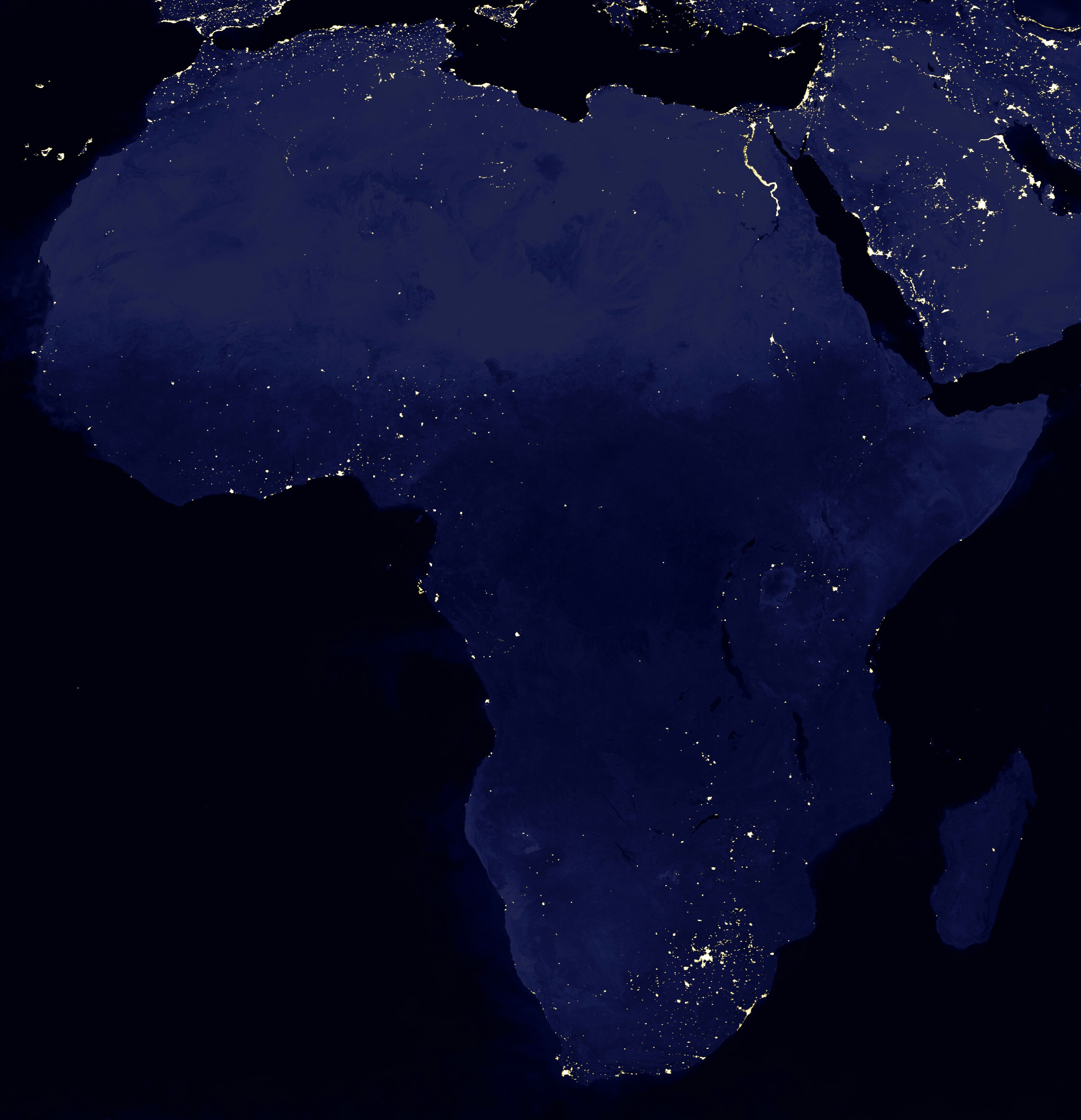Energy and AI: the power couple that could usher in a net-zero world

Abu Dhabi's energy transition will be streamlined by AI. Image: Pixabay
- AI is key to the rapid transformation demanded in the energy sector.
- The technology's optimizing capability can help improve energy efficiency, including by managing its own heavy footprint.
- Abu Dhabi is investing in AI infrastructure to decarbonize and enhance safety and efficiency.
As the world embraces both technological innovation and environmental responsibility, the demand for clean, sustainable energy solutions has never been more urgent. Across industries, the call for energy systems that provide maximum power, minimal emissions and energy security is growing louder.
To meet these goals, the energy sector must undergo a rapid transformation – reducing emissions while delivering reliable, scalable energy to support economic growth. Central to unlocking this potential is artificial intelligence (AI), which offers unprecedented opportunities to revolutionize the production, management and consumption of energy.
AI has the potential to be a powerful tool for transforming how energy is produced and managed. Through advanced machine learning and data analytics, AI can optimize energy consumption, improve grid resilience and enable smarter, more efficient use of resources. AI-driven energy efficiency measures and smart grid technologies could generate up to $1.3 trillion in economic value by 2030. Furthermore, AI has the potential to reduce global greenhouse gas (GHG) emissions by 5-10% – an amount equivalent to the annual emissions of the entire European Union.
One of AI’s most promising contributions is its ability to accelerate the energy transition. By enhancing the management and integration of renewable energy sources, AI can stabilize grids, forecast energy demand and minimize waste. Predictive maintenance is another key benefit, as AI can identify potential issues in energy infrastructure before they lead to costly failures, thereby improving the reliability and sustainability of energy systems.
AI’s growing energy footprint
While AI plays a critical role in advancing the energy sector, it also presents a significant challenge: AI itself consumes vast amounts of energy. Currently, AI-powered processes require far more energy than traditional digital services. For instance, a single AI-powered query, such as a ChatGPT inquiry, consumes about 10 times the energy of a typical Google search.
This energy demand is expected to rise dramatically. By 2030, global power demand from data centres – primarily driven by AI – could increase by 18-20% annually, reaching over 1,000 terawatt-hours (TWh). This amount is equivalent to nearly a quarter of the United States' current power demand.
This increasing demand for energy presents a dual challenge for global energy providers: how to meet the growing power needs of AI, while simultaneously reducing emissions and transitioning to cleaner energy sources. By 2030, electricity consumption for AI-driven technologies could multiply by a factor of 3.6, further intensifying the strain on energy systems. This makes it imperative for the energy sector to find innovative ways to accommodate AI’s growth while ensuring sustainability.
To address this challenge, energy producers must leverage AI to optimize their own operations, enhance efficiency and accelerate the shift toward renewable energy. For example, AI can improve demand optimization, diversify energy sources and increase grid resilience. In doing so, energy producers can not only meet the rising demand for power, but also unlock new efficiencies, reduce operational costs by up to 15%, and boost productivity by 10%.
Abu Dhabi on the frontline
ADNOC is laser-focused on this transformation. By effectively integrating the AI and energy sectors, we can sustainably power prosperity, progress and social value everywhere. AI will play a vital role in decarbonizing our energy production, while also enhancing safety and efficiency. As part of our ongoing transformation, we are investing in world-class digital infrastructure to ensure data-driven automation and decision-making from the control room to the boardroom.
In 2023 alone, ADNOC’s AI energy-saving efforts generated $500 million in value and reduced carbon emissions by about a million tonnes – the equivalent of removing around 200,000 gasoline-powered cars from the road. Energy companies worldwide are making inroads into innovative use of technology, but as with all global challenges, the rapid, considered and inclusive change required can only come through meaningful worldwide collaboration.
What's the World Economic Forum doing about the transition to clean energy?
The future of energy and AI cannot be shaped in isolation. It requires a concerted global effort that brings together industry leaders, policy-makers and innovators to develop solutions that ensure both energy security and sustainability. Global partnerships are essential for addressing the challenges posed by AI’s energy needs and ensuring that AI fulfills its potential to drive a more sustainable future.
By integrating the AI and energy sectors more effectively, we can reduce emissions while ensuring sustainability and prosperity, driving social and economic value everywhere.
Don't miss any update on this topic
Create a free account and access your personalized content collection with our latest publications and analyses.
License and Republishing
World Economic Forum articles may be republished in accordance with the Creative Commons Attribution-NonCommercial-NoDerivatives 4.0 International Public License, and in accordance with our Terms of Use.
The views expressed in this article are those of the author alone and not the World Economic Forum.
Stay up to date:
Artificial Intelligence
Forum Stories newsletter
Bringing you weekly curated insights and analysis on the global issues that matter.








